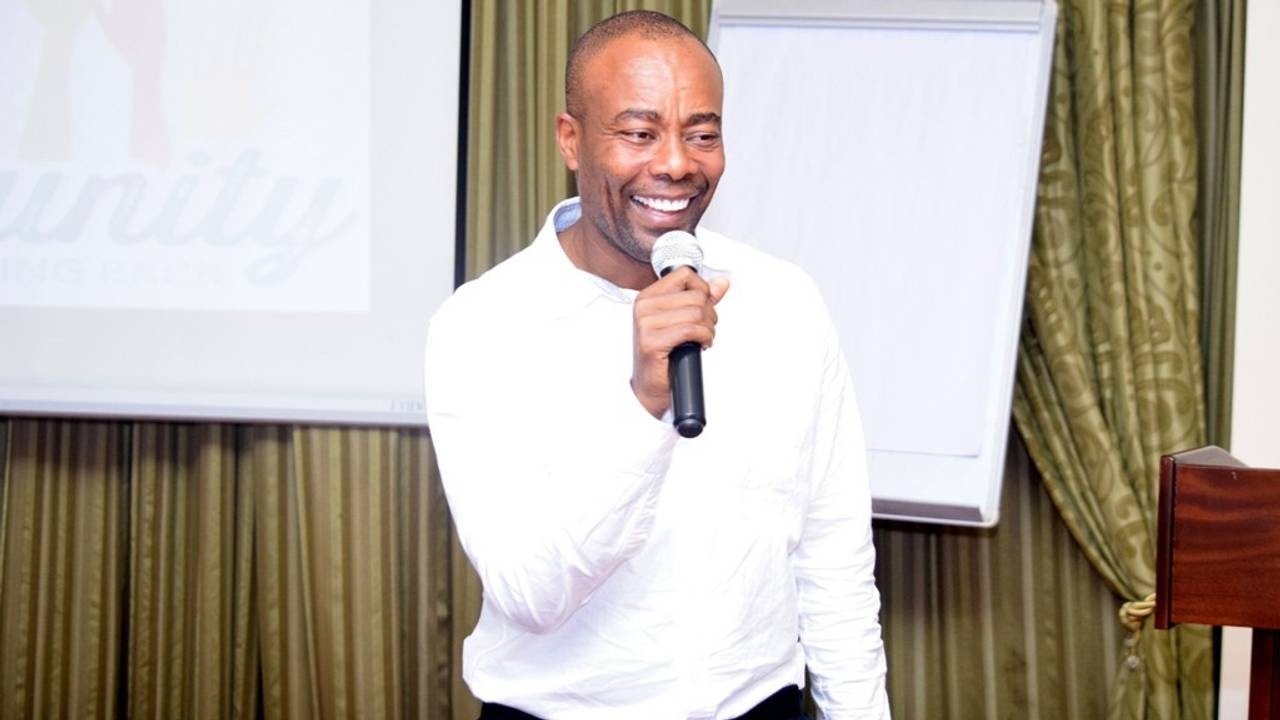Focusing on Agility for more success

In today’s economy, only those with the agility to change with the market and innovate quickly will survive. In simple terms, agility is the ability to adapt to change and respond to it accordingly. When my organization stopped viewing change as a threat and started seeing it as an opportunity to grow, it became better in terms of being successful. Agility itself is a strategy for the success of any business. Firms that my organization works with know very well that being unstable and slow will get you nowhere; most likely, you are prone to lose in the success race.
To react successfully to the emergence of new competition and constantly shifting market conditions and technology, a high degree of agility is required by the top management and all the employees present in the business workforce. The world is becoming uncertain and putting too much pressure on different organizations that are at the risk of being sidelined by change. On my end however, staying relevant by adapting quickly to change has been a downhill task.
I can confirm that building agility is not a hard nut to crack. First things first, for an organization to thrive learning and growth have to be at the top of the priorities list. Talent development in my organization through training and coaching programs has played a significant role in developing the capabilities of my employees. When the workforce invests energy in learning, it paves the way for taking appropriate risks thus creating room for innovations.
One thing that competitors cannot copy from a particular business is evaluation and operation based on core values. Core values form the guiding principles for employees' actions and decisions, thereby defining an organization’s personality and identity. Every worker’s value instantly matches the organization’s value due to the core values making the workforce unified. As a result, it will be easier for the management to maintain a positive direction flow when carrying out the daily operations when change comes.
Workplace cultures like transparency, trust management and fairness in my organization has highly contributed to quick and easy decision-making processes that are a driver of success. Decisions to change business models and hierarchies more readily makes it easier for a business to capture the market share, exit a market that is not fetching returns and venture into a new one.
Focusing on the more significant impact markets has ensured that my organization is protected from adversity present in different markets. Companies should stop pursuing profits -they should focus on pursuing purpose. Leaders should encourage internal mobilization to do away with conflicting priorities that may make a company succumb in the game of agility.
Every organization needs to fully commit to being in business for a long time since it’s the only way that profits can be gained. This can only happen if change management is embedded since a company would be able to stay afloat in the game of agility.


